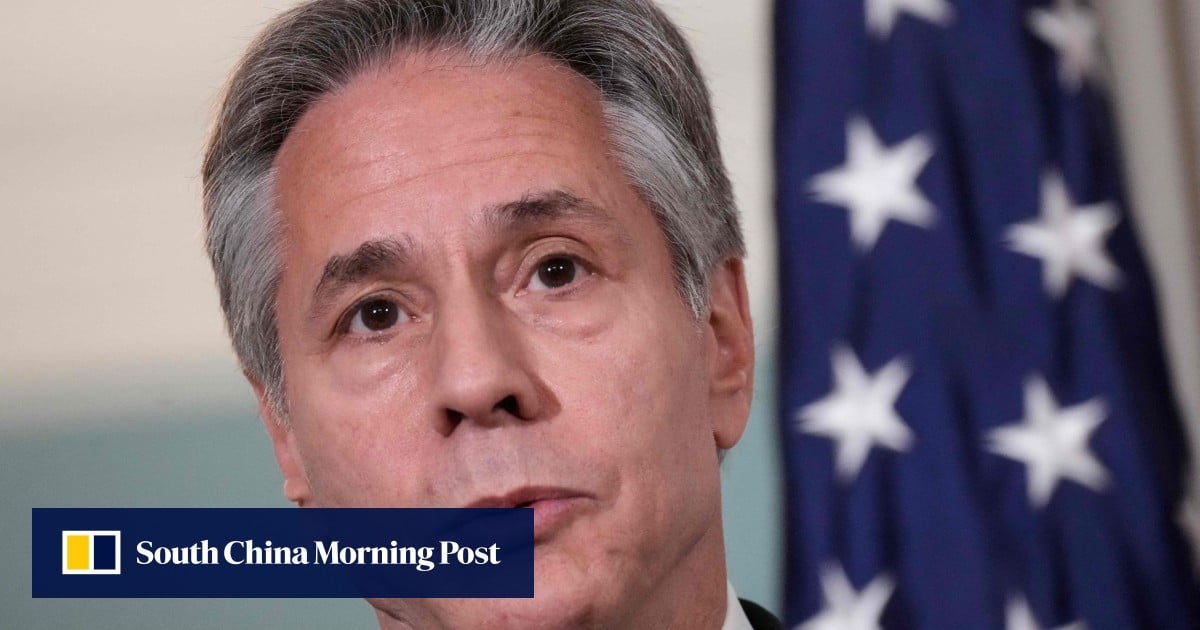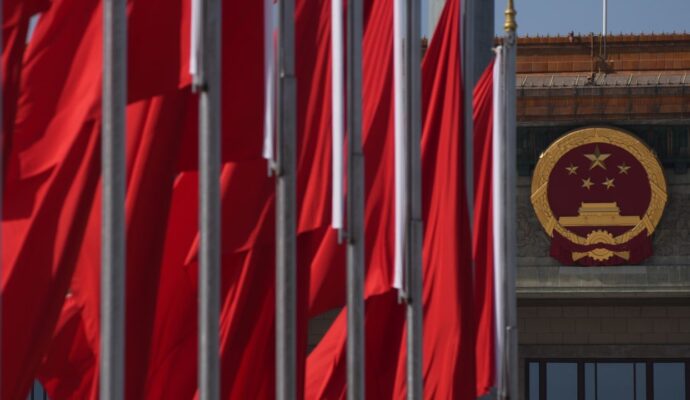
Blinken is slated to hold meetings with senior Chinese officials on Sunday and Monday. He will be the first US cabinet-level official to visit China since 2019, the first secretary of state since 2018, and the highest-ranking US government official since President Joe Biden took office in January 2021.
Experts anticipate that Blinken will be granted, per custom, a visit with Chinese President Xi Jinping, though no official announcement has yet been made. Blinken was also expected to meet Xi in February.
Part of the reason for Xi’s taking a meeting with Blinken is because Chinese leaders would want the same access granted to them when they visit the US, Haas said.
And if the two were not to meet, that would send a message that something had gone wrong, according to Patricia Kim, another Brookings fellow.
“Xi Jinping actually just made time for Bill Gates and so it would be striking if he didn’t make time for the secretary,” she said, referring to the Chinese leader’s meeting with the Microsoft co-founder and billionaire philanthropist in Beijing on Friday.
Blinken’s trip this week is also primed to serve as the opening gambit for major global meetings like the Asia-Pacific Economic Cooperation leaders’ summit in San Francisco in November and the Group of 20 leaders’ summit in September.
And it is expected to set the stage for trips to China by other top US officials, including Secretary of Commerce Gina Raimondo and Secretary of Treasury Janet Yellen, both of whom have voiced interest in making the journey.
[embedded content]
In addition, William Burns, director of the US Central Intelligence Agency, and Daniel Kritenbrink, assistant US secretary of state for East Asian and Pacific Affairs, both recently returned from visits to China.
Kurt Campbell, Biden’s special adviser for Indo-Pacific affairs, on Wednesday said Blinken had three goals for the trip: establish communication channels to discuss “important challenges, address misperceptions, and prevent miscalculation”; speak out on US concerns on a range of issues; and explore potential cooperation on transnational challenges, including how to increase people-to-people exchange.
But the Biden administration has made clear it is not entering the meeting intending to make any breakthroughs. It has also stressed that competition drives the relationship and that China is the US’s greatest geopolitical challenge.
In response, Beijing on Friday said Washington should not contain and suppress China under the guise of competition and that viewing China as its biggest challenge was a “serious misjudgment”. Days earlier, Chinese Foreign Minister Qin Gang urged Blinken to “show respect” and stop undermining China’s interests.
The tone coming from both sides in the post-meeting readouts would be important to watch, observers said.
For Beijing officials, Blinken’s visit is a facet of their “charm offensive” and would help them “even if there’s no specific progress”, according to David Dollar, another Brookings senior fellow.
Noting the slowing Chinese economy and falling confidence in it from the foreign and domestic private sector, Dollar said the trip could show Europe and China’s allies in the US that Beijing is willing to cooperate in “stopping the downward spiral” with Washington.
As a result, Blinken’s visit could reinforce “European reluctance to go full in with the United States on technology competition with China and containing China”.
Haas said the visit would present a “test of discipline” for Blinken and his team to “tune out the noise” and focus on what the Chinese were conveying behind closed doors.
But it is unlikely that Biden would be able to claim progress in establishing “guardrails” to “responsibly manage” bilateral competition, experts say.
As the US has largely framed the relationship in terms of zero-sum competition, China would be sceptical of any such guardrails, according to Michael Swaine of the Quincy Institute, another Washington-based think tank.
Before any serious progress is made, Swaine said, “there needs to be a recognition by both sides that each side is contributing to this negative dynamic”.

